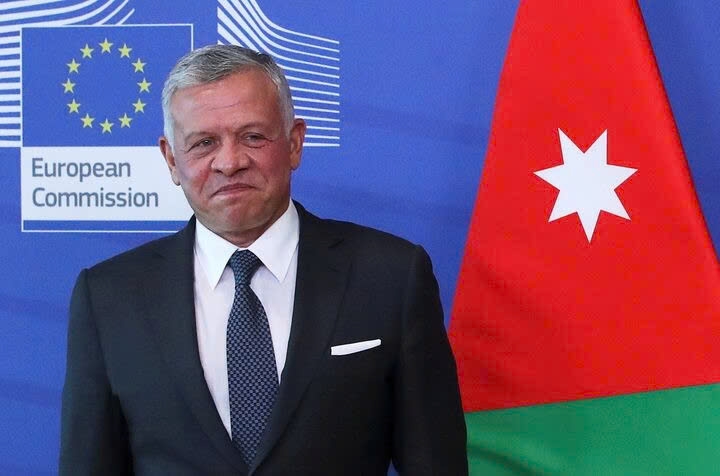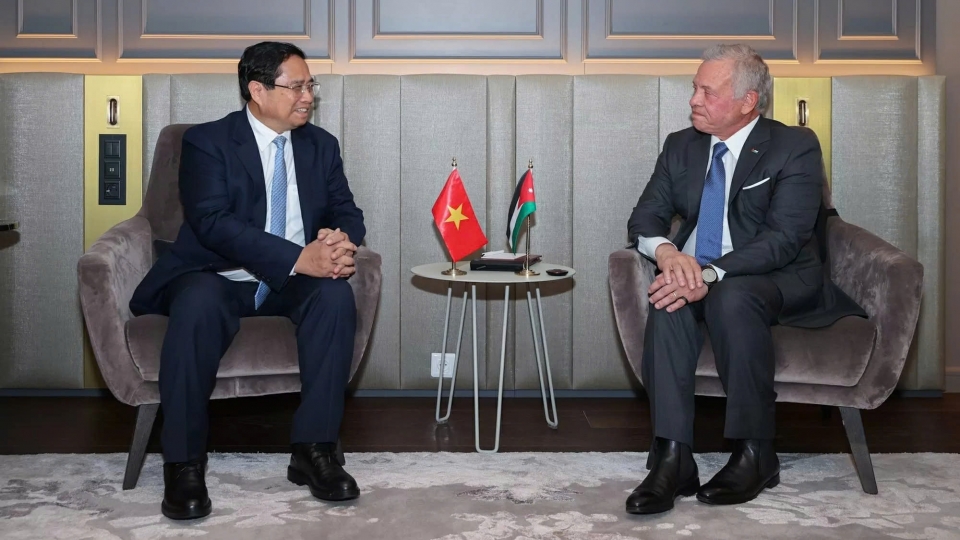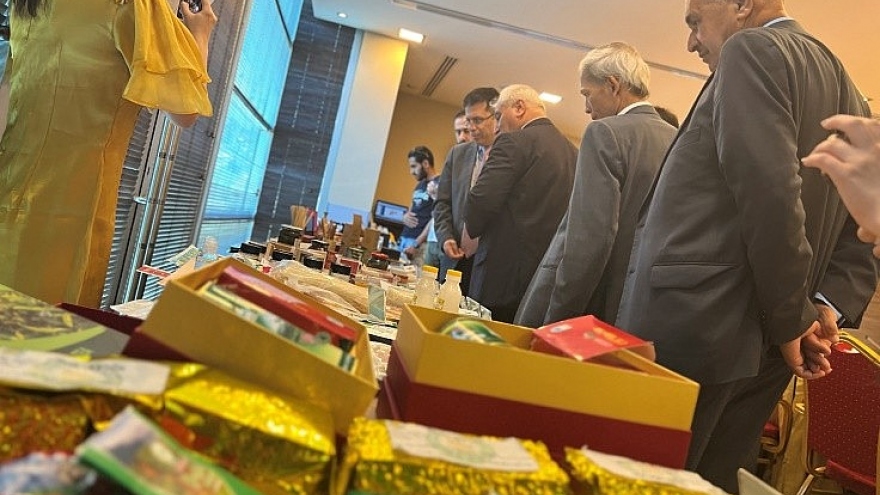King Abdullah II of Jordan to pay official visit to Vietnam
VOV.VN - King Abdullah II Ibn Al Hussein of Jordan will pay an official visit to Vietnam on November 12 - 13, according to the Ministry of Foreign Affairs.

The invitation has been extended by President Luong Cuong of Vietnam, the ministry said in its recently issued press communique.
Vietnam and Jordan established diplomatic relations on August 9, 1980. Currently, Jordan’s Embassy in Singapore is accredited to Vietnam, while Vietnam’s Embassy in the United Arab Emirates concurrently covers Jordan.
The two countries have maintained high-level delegation exchanges over the years. Bilateral cooperation in trade and investment has also grown steadily. In 2024, two-way trade reached US$188.14 million, with Vietnamese exports valued at US$180.53 million. Vietnam’s key export items are agricultural and aquatic products, electronic goods and components, textiles, chemicals, wood, plastics, and equipment. Its imports from Jordan include textiles, fertilizers, and chemical products.
As of September 2025, Jordan had five active investment projects in Vietnam with a total registered capital of about US$1 million, ranking 108th out of 153 countries and territories investing in Vietnam. Vietnam has yet to invest in Jordan.
Although the two countries have not yet established a Political Consultation Mechanism or Joint Committee, they continue to coordinate and support each other at regional and international forums.
Vietnam and Jordan have signed several important cooperation agreements, including the air transport agreement (1994) and the agreement on economic and trade cooperation (1997).
The Kingdom of Jordan, with its capital in Amman, celebrates National Day on May 25, marking its declaration of independence in 1946. Situated in southeastern Mediterranean, Jordan borders Syria to the north, Iraq to the northeast, Saudi Arabia to the southeast, and Israel to the west, covering an area of 89,342 square kilometers.
Jordan has a desert climate, characterised by hot, dusty summers with temperatures in plateaus and valleys reaching up to 49°C, and cold, dry winters, where temperatures can drop to 7°C and snow occasionally falls. The rainy season lasts from February to April, with average rainfall ranging from 200–600 mm.
As of 2024, Jordan’s population stood at about 11.44 million, the majority being Arabs, including 69.3% Jordanians, 13.3% Syrians, 6.7% Palestinians, 6.7% Egyptians, and 1.4% Iraqis. Arabic is the official language, while English is widely used in communication and business.
According to the IMF, Jordan’s GDP in 2024 was US$53.43 billion, with a per capita GDP of US$4,690.
Islam is the predominant religion, practiced by 97.1% of the population, mostly Sunni Muslims. Jordan is divided into 12 provinces, and the cabinet is appointed by the King upon the recommendation of the Prime Minister.




